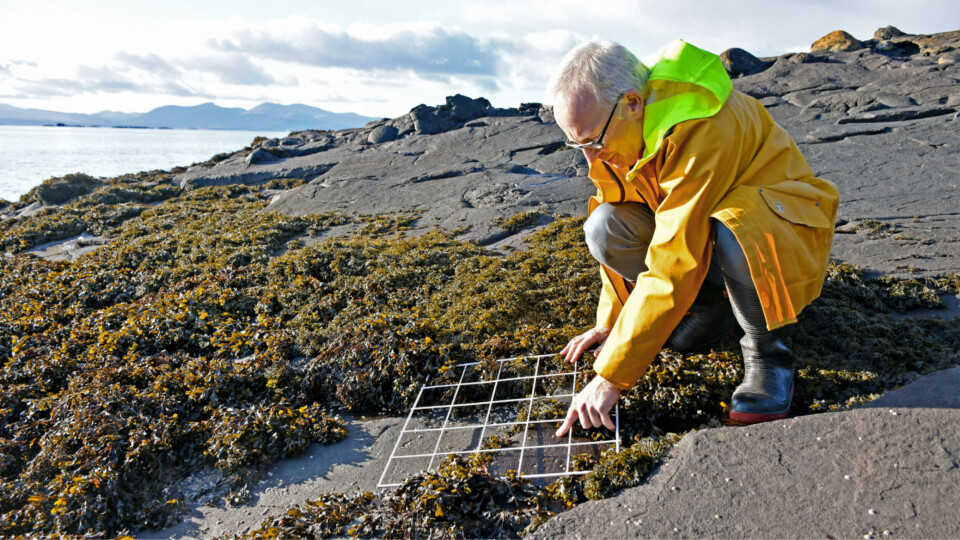
Ocean warming assessment illustrates climate challenge facing salmon farming
The temperature challenge facing Scotland’s salmon farmers has been illustrated by a new report on how ocean warming, especially of the North Atlantic, is affecting the mix of species in the seas.
Although the assessment is focused on wild species and not farmed fish, the trend it shows indicates a potential long-term problem for Scottish salmon farmers who have pointed to unusually high average sea temperatures as one of the reasons for an increase in mortalities this year.
A map with the assessment shows increases in the populations of warm-water species around coasts of northern Europe, including the west coast of Scotland.
Species mix
Warmer water is linked with an increase in harmful algal blooms which can kill fish by lowering the amount of dissolved oxygen in the water, and cause disease by damaging the fish’s gills.
An international group of marine scientists led by Professor Michael Burrows of the Scottish Association for Marine Science (SAMS) in Oban has compiled the comprehensive assessment of how ocean warming is affecting the species mix. It is published in the journal Nature Climate Change.
Researchers analysed three million records of thousands of species from 200 ecological communities from the North Atlantic, Western Europe, Newfoundland and the Labrador Sea, east coast USA, the Gulf of Mexico, and the North Pacific from California to Alaska.
Largest rise
While the global warming trend was widely seen, the North Atlantic showed the largest rise in average temperature during the time period.
There has been a temperature rise of almost one degree Celsius in some parts of the ocean since 1985, a significant change in just three decades, says Burrows.
“While this may not sound like a big change, it has a considerable impact on species that may already be on, or close to, their maximum temperature tolerance,” said Burrows.
“A gradual temperature change like the one we are witnessing is not going to cause extinctions overnight but it is affecting the success of many species, not least zooplankton such as copepods, which are crucial to the ocean food web.”























































